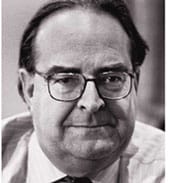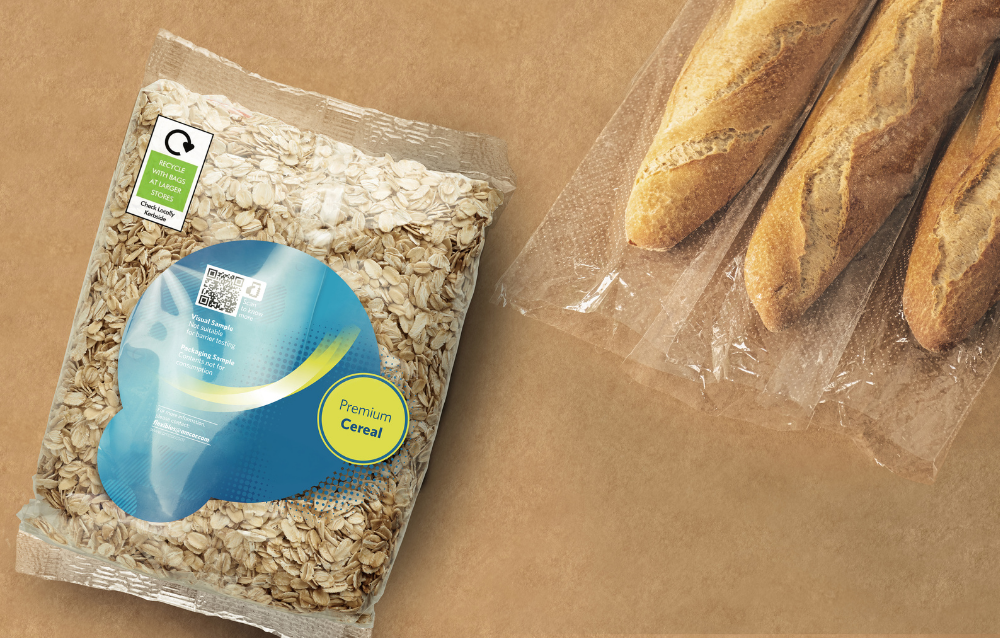Addressing more than 500 guests and members at the federation’s annual dinner in London last week, president Karen Drinkwater spoke of the importance of sustainability within the plastics sector.
She highlighted the work the BPF has done with government and parliamentarians “to win acceptance of chemical recycling and the use of mass balance as a measurement tool has wide consequences.”
And, Ms Drinkwater, emphasised: “Before long all sectors will be under pressure to recycle more and chemical recycling will be essential alongside mechanical recycling in regaining value from difficult to recycle plastics waste fractions.”
The BPF primarily represents virgin polymer users but is increasingly getting involved in recycling topics with more recycled material used.
‘Roller coaster’
Reflecting on the year so far, she highlighted how business was seeing considerable volatility.
Ms Drinkwater noted: “What a roller coaster year! From the business expansion we witnessed as we exited Covid, then having to navigate polymer shortages, then a contraction in markets, the impacts of the Ukrainian war and then the energy crisis, saved in the nick of time, for now, by unprecedented government intervention. I think we can forget about the concept of business stability.”
Finance
The president then turned to the topic of recognition of the plastics sector, especially in terms of energy and financing.

She said: “We need to ensure the Government understands we are a ‘vulnerable’ industry sector and with our limited ability to pass costs onwards we should definitely be placed in that category. It is also crucial they understand, which I am sure they do now more than ever, that the plastics industry is the engine of UK manufacturing driving the automotive sector, enabling food and drink supply, powering the construction sector and, of course, crucially medical.”
With regard to sustainability topics, she highlighted how the BPF is “pressing ahead on our Net Zero work where a strategy for the industry is in preparation and throughout the year we have provided practical guidance to members to ensure they can start their journey now.”
Operation Clean Sweep, the president noted, continues to be “a great success”. She said it has been praised by government and NGOs for the role it plays in ensuring zero pellets are loss to the environment. BPF was the first organisation in Europe to introduce it and this year we celebrated the joining of its 300th member in the form of BPF member Peerless Plastics & Coatings. Building this further, with greater formalisation allied to conformity to a standard to which the BPF was a major contributor, will be vital in demonstrating the commitment of the industry to maintaining a clean operating environment.”
Sir Peter Davis

Ms Drinkwater also paid tribute to Sir Peter Davis, who died last month. She said: “Mr Davis had been director-general of the BPF from 1996-2014 and was known the world over as an ambassador for UK plastics. He will be sorely missed by both staff and members of the BPF. His considerable legacy lives on.”
Prior to joining the BPF, Mr Davis had been chief executive of Incpen. At the BPF he was often involved in recycling issues. He advocated in favour of the mechanical recycling of plastics and the incineration of plastics in energy from waste plants to recover energy. He also took a close interest in the packaging waste PRN system (see letsrecycle.com story)








Subscribe for free